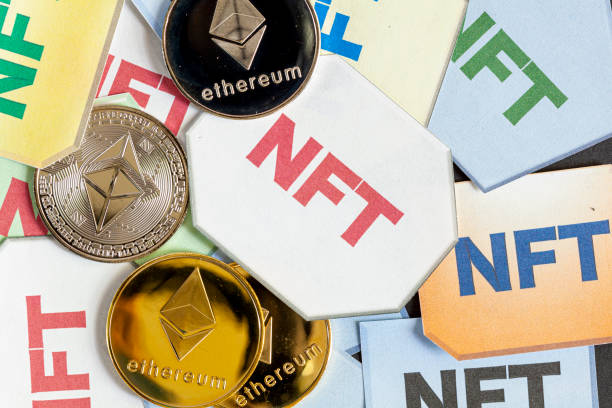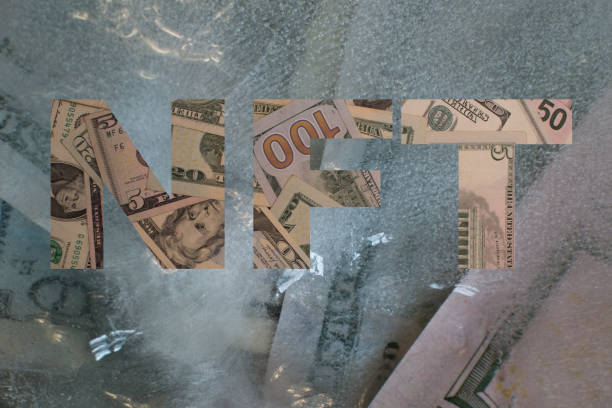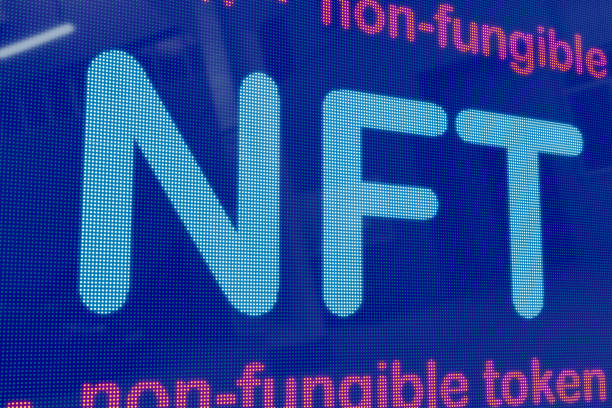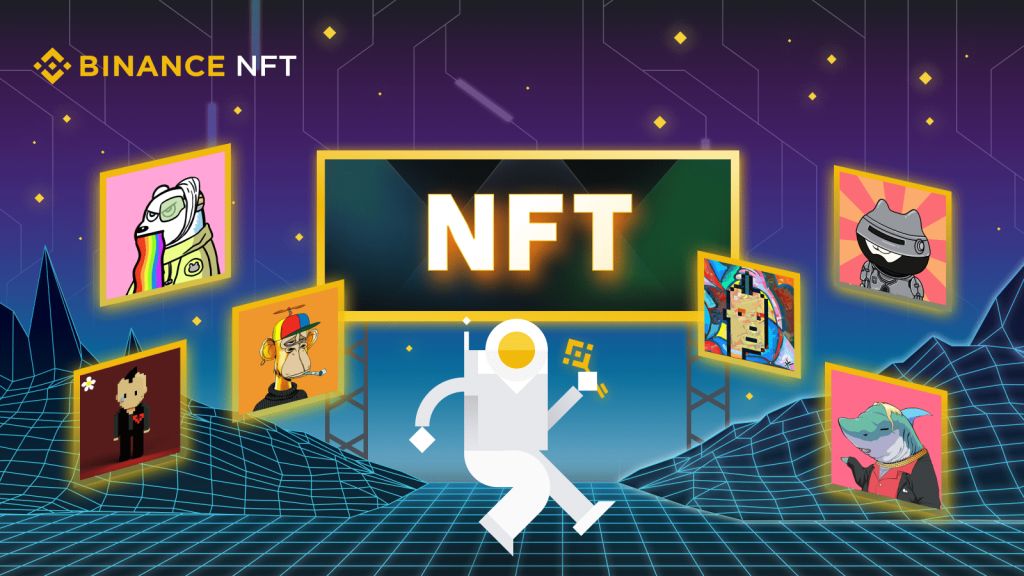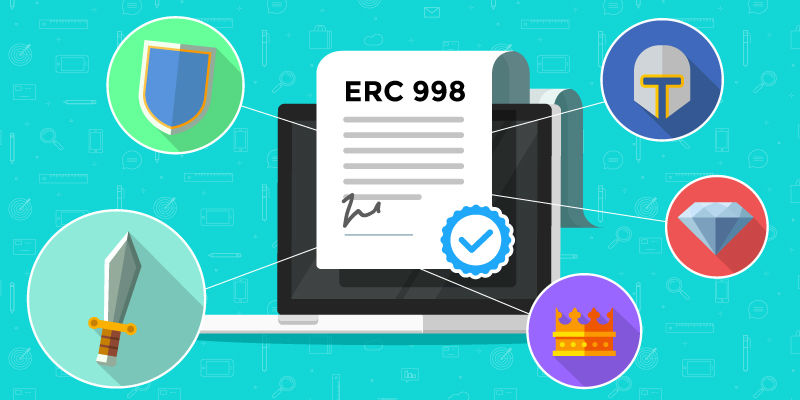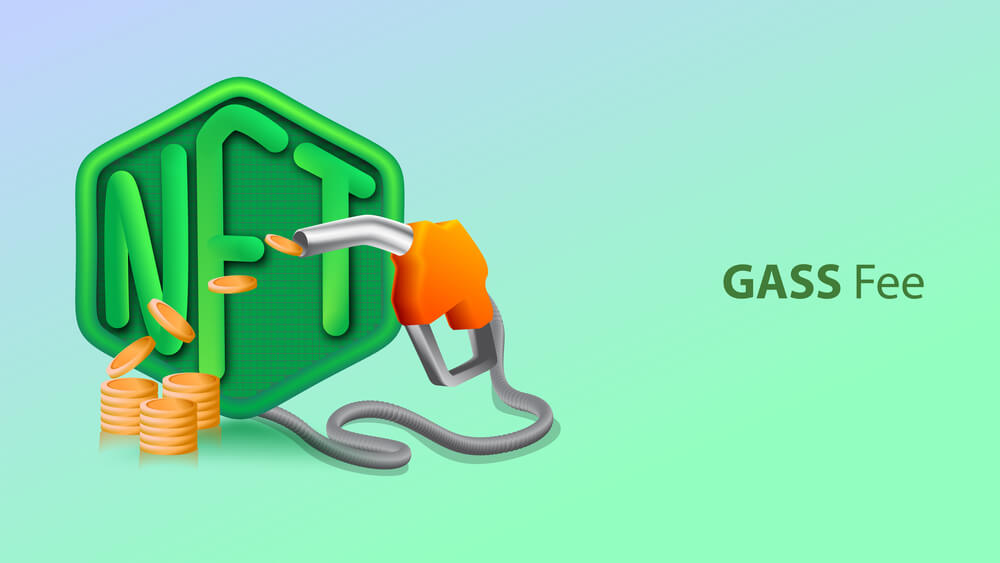Non-fungible tokens (NFTs) have attracted more use cases in the sports industry in the past few weeks, with a new report now suggesting that a lot of people use them to track how fans use various sports and interact with their favorite teams.
Price Waterhouse Coopers (PwC), an American-based advisory and consultancy firm, has published a new report dubbed “Sports Outlook 2022 for North America.” The PwC report has ranked non-fungible tokens and digital assets among the top ten trends in the sports industry.
The PwC report has outlined three use cases of non-fungible tokens, including their capacity to alter the sports technology infrastructure, fan engagement, and their likelihood to shape future sports.
This report ranked collectible NFTs, tokenized digital assets used to sell authenticated and limited edition digital content, as the first use case in the sports industry. Tradition memorabilia such as trading cards or tickets stubs of historic matches can be digitalized, minted, and traded on the NFT market. The report added that creators might showcase and share these NFT collectibles across the metaverse.
The NBA Top Shot from Dapper Labs is a perfect example of a successful use case of non-fungible token collectibles. The NBA marketplace has successfully tokenized highlights or the best plays from NBA history, with the platform recently emerging the second place after the Axie Infinity game.
Remarkably, the marketplace amassed more than $827 million in a transaction in 2021. NFL retired quarterback player Tom Brady’s NFT collectible is another perfect example, with the legend recently raising $170 in Series B funding to expand his marketplace.
Season ticket members (STM) are another use case of non-fungible tokens (NFTs) in the sporting industry. According to the PwC report, providing season ticket members with verified tokenized passes would significantly increase the experience of an already loyal sports fan.
The STMs also enable participants to receive edition collectible NFTs. Moreover, Sponsors could also benefit from STMs if their teams ensure that the customers, who have already lost physical cards, would not lose any added benefit.
NFTs Find Use Cases In Sports
Lastly, according to the PwC report, virtual access tokens for sports fans preferring to pay via more virtual experience to access games is in high demand. Virtual access tokens allow gamers to access more perks such as player cams, bench cams, or even virtual locker-room. Soccer clubs like Paris Saint Germaine (PSG) and Manchester City recently gave their fans the right of influence to a non-strategic game decision such as walk-up music.
Before summarizing, the report explained that ticket sales, media rights, and sponsorship are the current revenue streams for major teams and leagues. The consultancy firm expects that tokenized tickets, NFTs media rights, and sponsorship of digital events will continue to expand this year to become serious revenue streams.
However, the report asserted that these teams would desperately need a tech stack that connects their digital sale data with an existing customer database and a legal team to handle regulatory and tax implications to make remarkable progress.
In the meantime, some NFTs trends are already on the rise, with partnerships between NFT marketplaces and sports associations increasing in popularity recently. A few days ago, Solana NFT marketplace’s Magic Eden announced an upcoming NFTs collection after a successful partnership with Overtime, the sporting entertainment platform, to offer fan engagement in the upcoming 2022 NCAA men’s basketball tournament.

